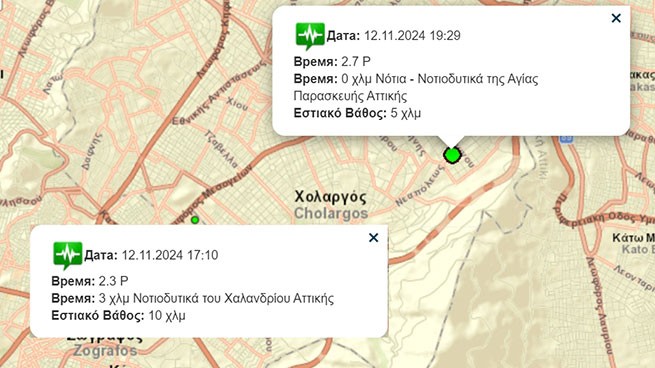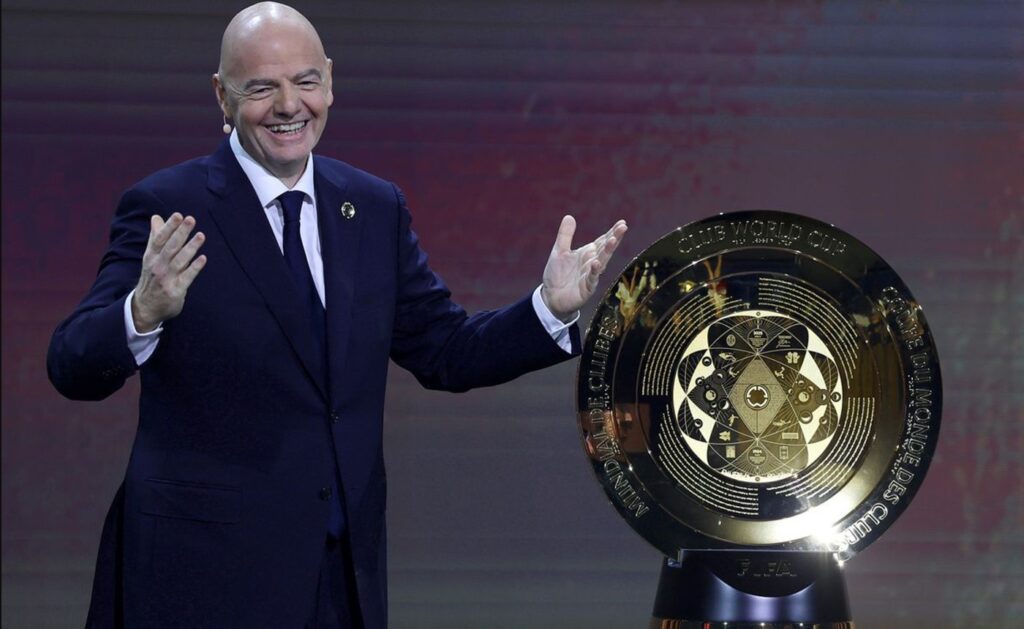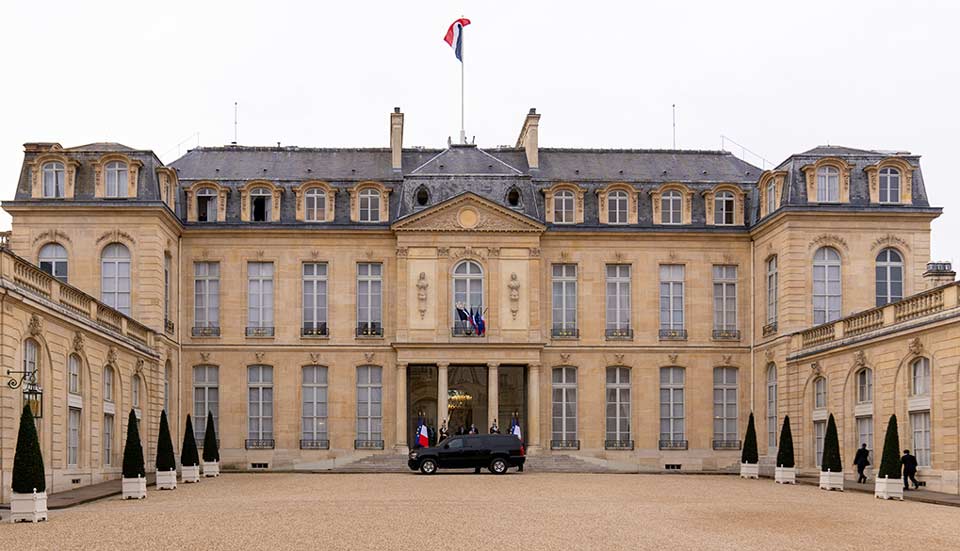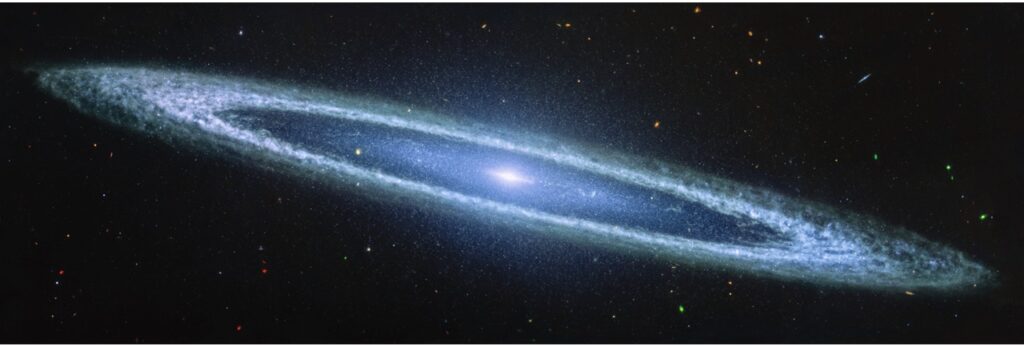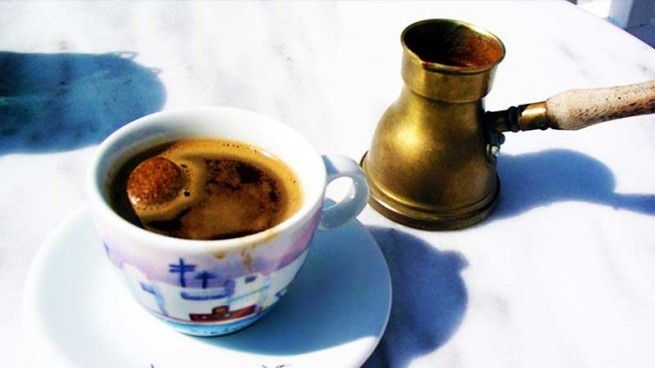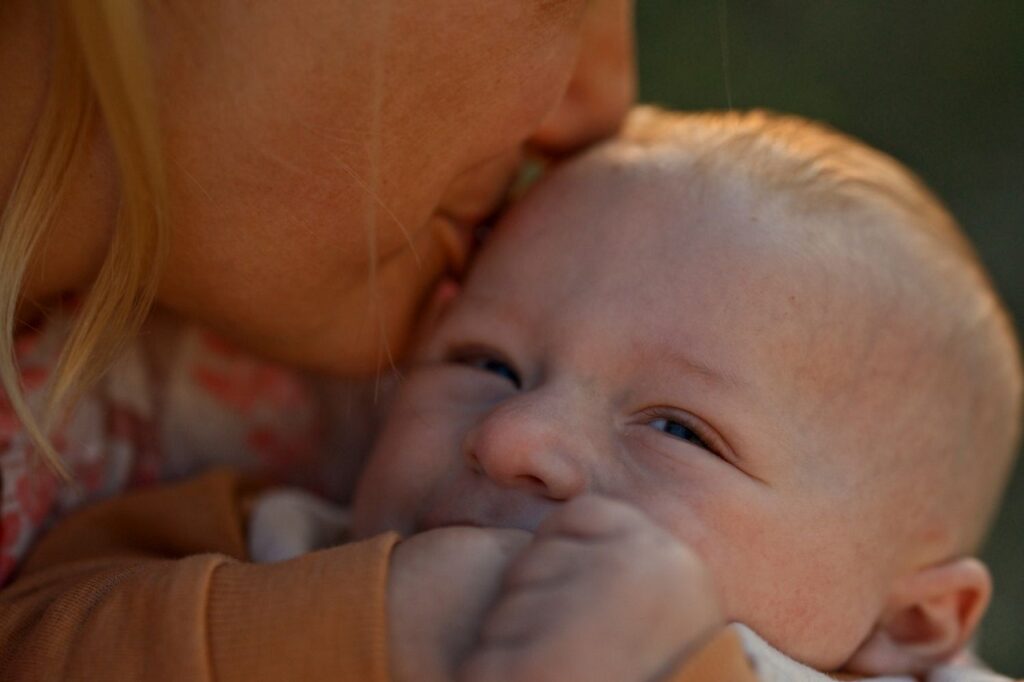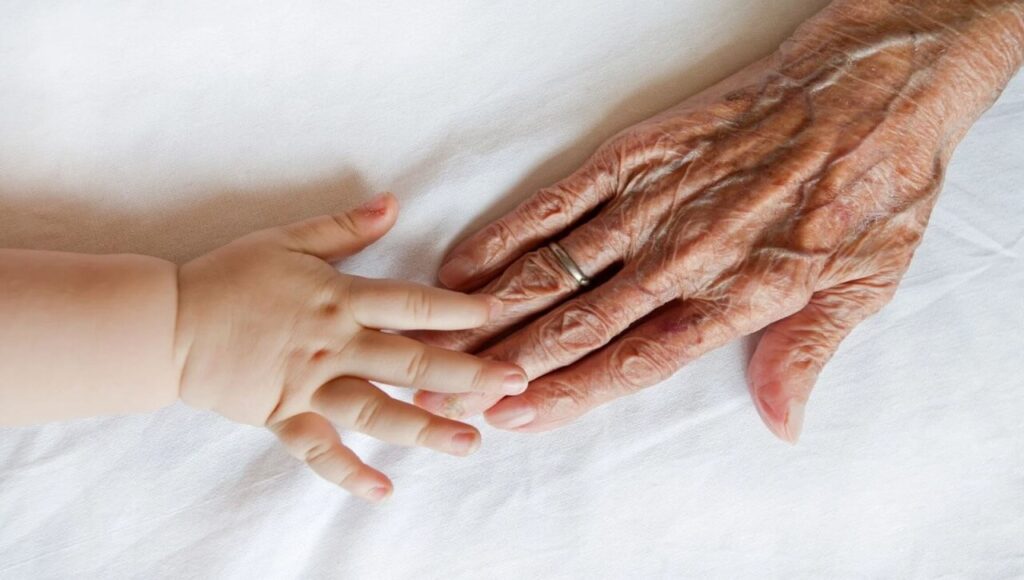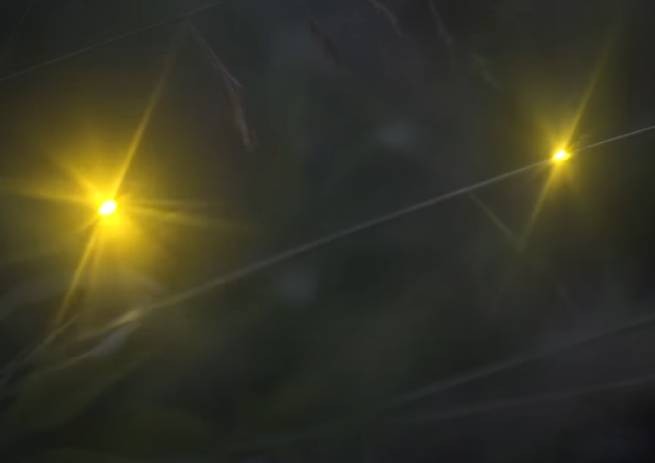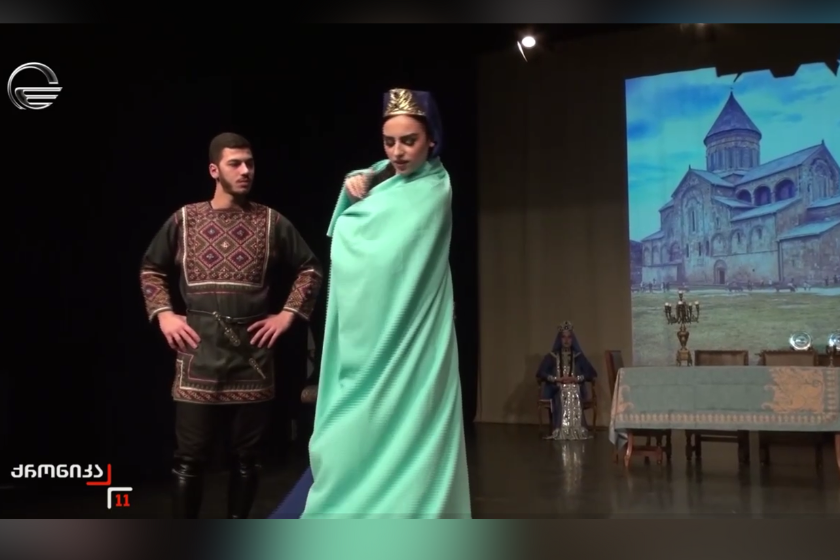Tutankhamun: The Greatest Archaeological Discovery of All Time
On November 4th 1922 a breathless archaeologist, who had spent his life working in Egypt, wrote a hurried diary entry: “First steps of Tomb Found”. This was the very moment that Howard Carter found the entrance to the tomb of Tutankhamun. In this very special film, shot in Egypt and England, Dan Snow commemorates the centenary of the most famous archaeological discovery of them all - walking in the footsteps of Howard Carter as he retraces the story of the discovery, from the beginnings of Carter’s career as a young artist recording reliefs in Hatshepsut’s magnificent temple, to the house he built especially close to the Valley of the Kings thanks to the support of Lord Carnarvon. The History Hit team has gained access to key places associated with this historic story: Highclere Castle, home of Lord Carnarvon; Tutankhamun’s Tomb in the Valley of the Kings, and his famous golden treasures in the Egyptian Museum, Cairo, which we explore with conservator Eid Murtah. And Dan discovers that there is another side to this story, revealed in Oxford - Howard Carter’s extensive records are stored here. Dan gets up close to key objects in the Bodleian Weston Library’s exhibition ‘Tutankhamun - Excavating the Archives’, including the famous journal entry that, as Carter first gazed into the dark of the tomb, he told Carnarvon “It is wonderful”. In Oxford’s Griffith Archive, Dan explores the records in detail with curator Daniella Rosenow. The original glass plate negatives reveal how the tomb looked as Carter opened it, with now familiar objects covered in flowers and linens, carefully placed there as the nineteen year old pharaoh was buried in 1323 BC. It presents a very different image of the objects that we now picture cleaned up and conserved - here they are in a much more immediate moment just as Carter uncovered them. And in a beautiful additional project, Ellie Murphy, a florist from Oxford, painstakingly makes an exact recreation of the floral wreath that adorned Tutankhamun’s outer coffin. It helps remind us of the humanity at the heart of this story: the incredible dedication of the archaeological team and the death of a young pharaoh that still inspires us today.

